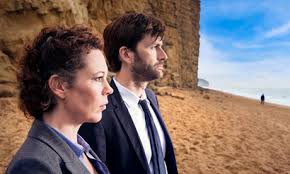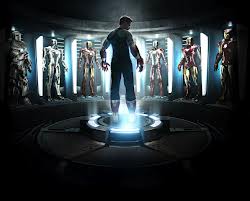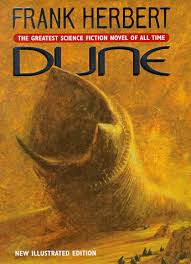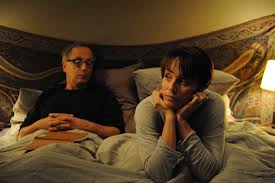
Broadchurch, the eight part series recently seen on ITV in the UK, is an absolutely brilliant, brilliant television drama. If you haven’t seen it please stop reading now, as this article contains MAJOR SPOILERS. Instead, track the series down on catch-up, online, or wherever else it is available (soon on DVD no doubt). For those outside the UK, do try and track it down before the inevitable US remake.
For those who have seen and enjoyed it, here are my thoughts on exactly why it was so fantastic.
Premise:
It wasn’t the murder investigation that was the most compelling factor, but the underlying premise: the examination of a small community torn apart by the tragic killing of eleven year old Danny Latimer. In this respect it shares DNA with Denmark’s The Killing, but it is also different in a number of key ways, enough so it is unique in its own right.
Location:
The Dorset locations used were vivid, dramatic and at times menacing. Anyone who lives in the South West (as I do) knows the understated beauty of that part of Britain, but rarely have locations been used to such, dare I say it, cinematic effect in a television programme.
Characters:
Chris Chibnall’s story was character led, and as such motivations were revealed gradually and organically. Yes, that meant you had to be patient, but the pay-off in this slow-burning drama was worth the wait. Characters were well drawn and for the most part cliché was studiously avoided. Performances were all superb, especially from Olivia Colman as the police detective Ellie Miller. Anyone who has seen her in Tyrannosaur knows how brilliant she is already, but here she excels herself. David Tennant is also admirably restrained as Alec Hardy, her partner in the investigation.
Guessing games:
Although a serious drama, Broadchurch wasn’t so wrapped up in its own importance that it overlooked genre staples, and it even had some nice touches of humour. Here there are multiple suspects, red herrings, theories and counter theories to really keep the audience on their toes as to the identity of the killer. I have to say, When Pauline Quirke’s character was challenged by Miller (“How could you not know what was going on in your own home?”) I immediately knew those words were going to come back to haunt her. But even if the big revelation (a brilliant moment by the way) doesn’t take you by surprise, it hardly matters given the sheer heart-wrenching drama that follows.
Relevance:
Broadchurch achieved what many contemporary dramas miss – a sense of profound relevancy to the times we live in. There’s the subplot involving poor old newspaper seller Jack, who is falsely accused of Danny’s murder, branded a paedophile, and ultimately driven to suicide. This subplot was a devastating condemnation of mob mentality and the damage done by malicious gossip and unproven allegations (in which the press are complicit).
Yet whilst Broadchurch shows the very worst of what humanity is capable of, it dares to end on a note of hope. In spite of the revelation that Danny was accidentally killed by Ellie’s suppressed paedophile husband Joe in a fit of anger (and the fact that he may well have been grooming Danny), the story dares to suggest forgiveness as the way forward. The fault lines opened by the death of Danny Latimer may yet be healed.
It is here that Paul Coates the town vicar (brilliantly played by Arthur Darvill) comes to the fore, providing a superb representation of a Christian. Coates is a tremendous character because he is neither piously and unbelievably perfect, nor the usual hypocrite or worse. Instead he is human – a recovering alcoholic who makes himself available for those who are grieving and need advice. And his advice is actually very good indeed (for example, when he encourages Beth to keep her baby). Furthermore, following the suicide of Jack, he delivers a blistering sermon to the entire town, rebuking them for rushing to judgement and their lack of compassion. Later he delivers a serious dressing down to Hardy for his arrogance and lack of respect towards people of faith. Coates’ greatest moment comes in the deeply, deeply moving finale, as he voices the understated, non-preachy yet crystal clear moral of the story: the only way forward is forgiveness, and to truly love our neighbour.
Broadchurch was challenging, stunningly powerful, emotionally resonant, spiritually true, and very, very satisfying.







